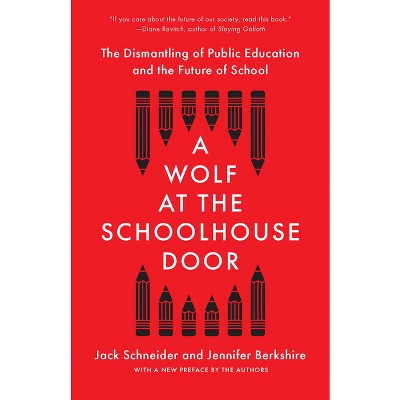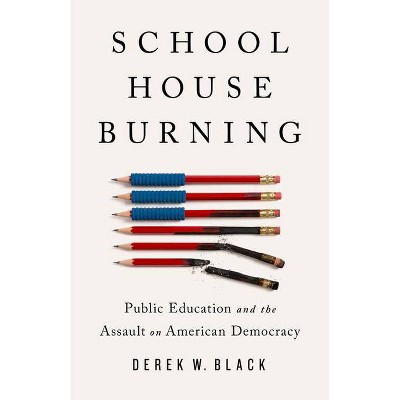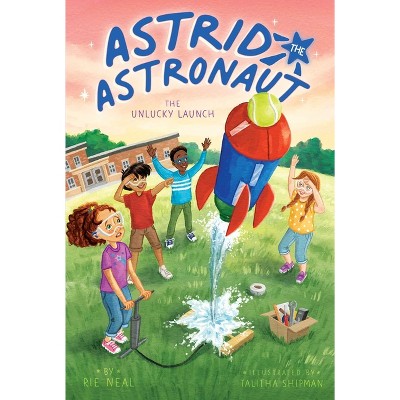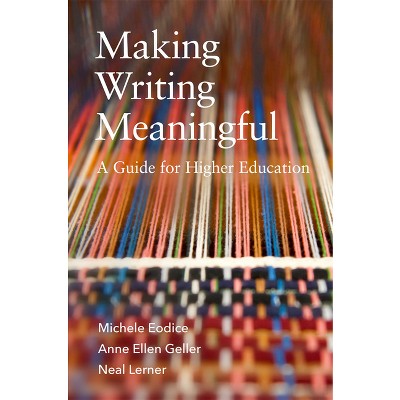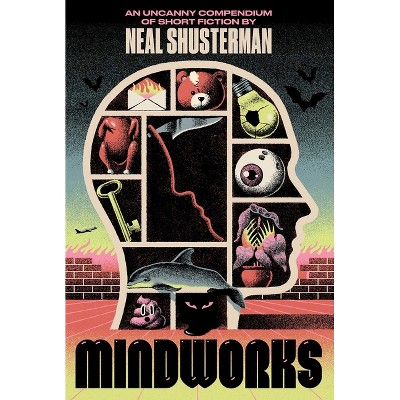About this item
Highlights
- American public schooling was intended to shape and unify democratic citizens, but by its nature it forces divisive conflict.
- About the Author: Neal P. McCluskey directs the Cato Institute's Center for Educational Freedom and runs the Public Schooling Battle Map, an interactive database of values- and identity-based conflicts in public schools.
- 234 Pages
- Education, Educational Policy & Reform
Description
About the Book
American public schooling was intended to shape and unify democratic citizens, but by its nature it forces divisive conflict. And democracy is not the goal of American government; liberty is. The Fractured Schoolhouse posits that freedom in education is not only consistent wit...Book Synopsis
American public schooling was intended to shape and unify democratic citizens, but by its nature it forces divisive conflict. And democracy is not the goal of American government; liberty is. The Fractured Schoolhouse posits that freedom in education is not only consistent with liberty but is better suited to produce unity than public schooling.
Review Quotes
In this thoughtful and thought-provoking book, Neal McCluskey demonstrates that for over 150 years defenders of public education, as traditionally defined, have over-promised and under-delivered. That is especially the case when it comes to the aspiration of zip code-based schooling bringing diverse Americans together. More often than not, one-size-fits-all education has contributed to our culture wars rather than alleviating them. This does not mean that school choice will usher in a new era of peace, but it does remove a major argument against choice.
In The Fractured Schoolhouse: Reexamining Education for a Free, Equal, and Harmonious Society, Neal McCluskey marshals an impressive mountain of evidence to make the case for a radical form of educational freedom.
McCluskey's book discusses something that is understood but often left unsaid: that our public education systems are not neutral. That lack of neutrality requires optionality for families, and in particular for those whose needs have not traditionally been met by our public education systems, and those who have been historically excluded from shaping the policies it promotes.
Neal McCluskey's The Fractured Schoolhouse melds often overlooked history and political theory into current events, creating a seamless argument for education toleration through school choice. McCluskey's engaging yet nuanced polemic should be required reading in both education policy classes and school board training sessions.
About the Author
Neal P. McCluskey directs the Cato Institute's Center for Educational Freedom and runs the Public Schooling Battle Map, an interactive database of values- and identity-based conflicts in public schools. He has authored or co-edited several books on education policy.Shipping details
Return details
Trending Non-Fiction







